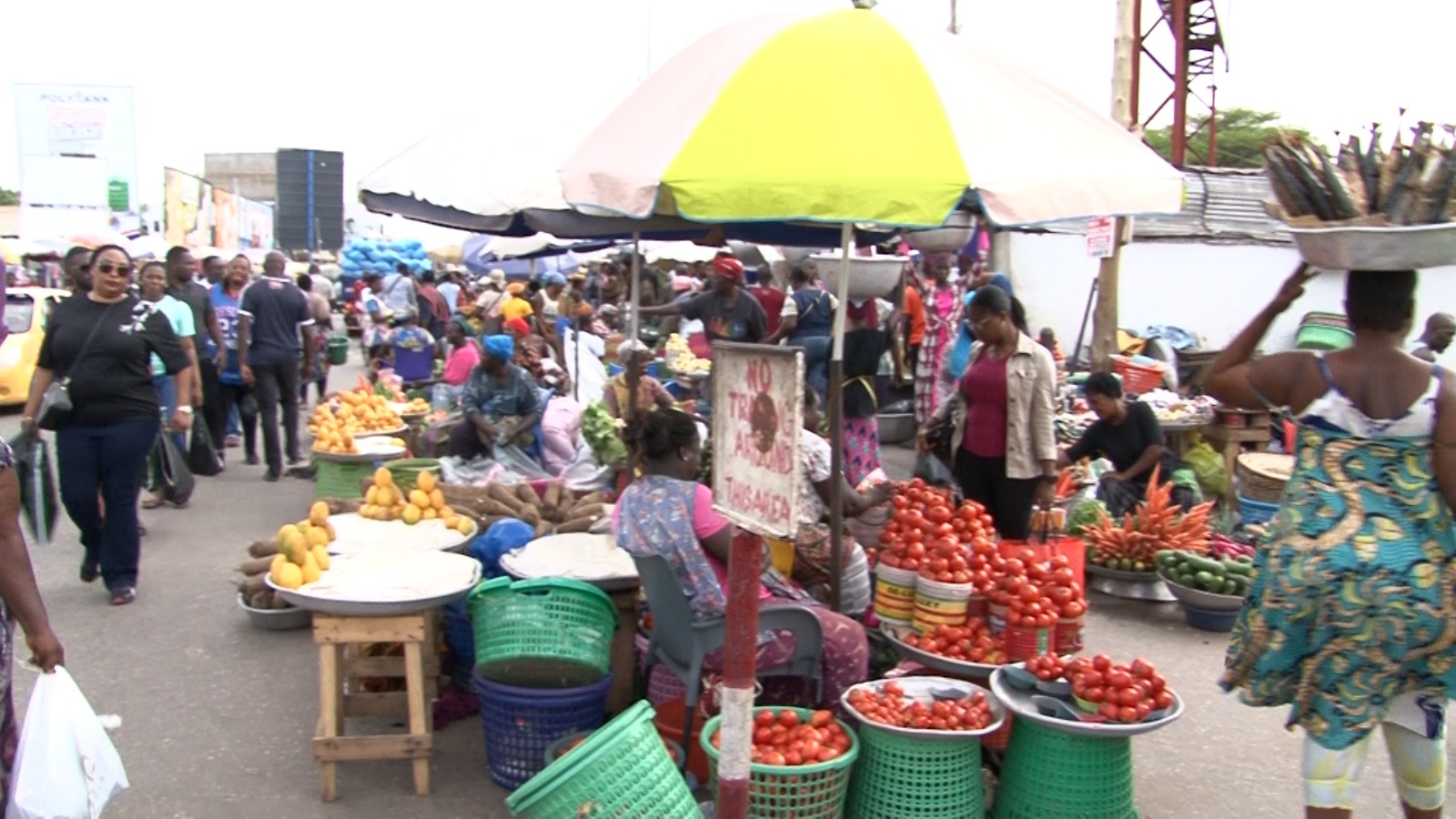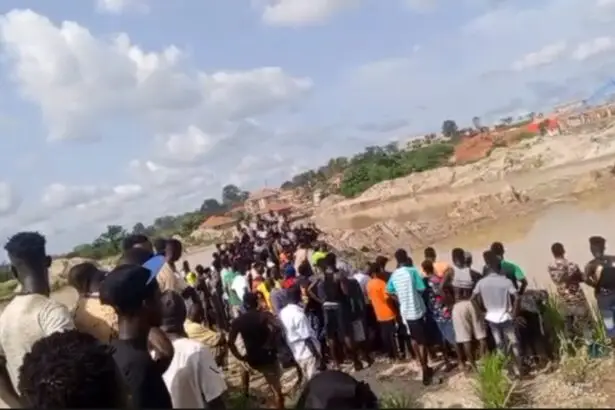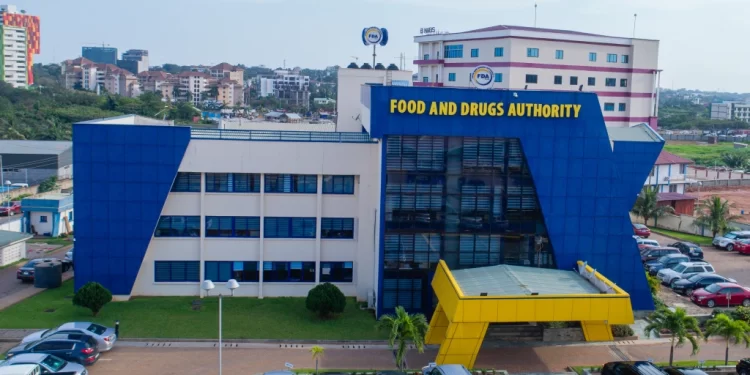Traders in Accra’s central business district have swiftly returned to the streets just days after the Accra Metropolitan Assembly (AMA) carried out a decongestion exercise to restore order and ease traffic in the capital.
A visit to the area on Saturday, May 24, revealed that previously cleared pavements from the AMA head office through to the Ghana School of Law and the Makola Fire Station have once again been taken over by vendors. The AMA task force, which was active during the week, was notably absent, allowing street traders to reoccupy the spaces without resistance.
The exercise, led by Mayor Kpakpo Allotey, initially showed promise. The removal of street vendors brought visible improvements in traffic flow, particularly in high-pressure zones such as Rawlings Park, Tudu, and their adjoining roads. Commercial drivers, commuters, and pedestrians alike reported a notable reduction in congestion and travel time.
But the progress was short-lived.
“I was shocked to see them back so soon,” one commercial driver told our reporters. “On Thursday, the road was free, and traffic was smooth. Today, we’re back to gridlock. If I knew the traders had returned, I would have taken a different route.”
The return of the traders has reignited longstanding concerns over the AMA’s ability to sustain decongestion initiatives. Despite positive initial results, there appears to be no clear follow-through strategy to maintain compliance especially during weekends.
“It’s like the laws go on break on Saturdays and Sundays,” another driver lamented. “We need enforcement every day. Not just during the week.”
Several commercial hotspots—including Kaneshie, Nkrumah Circle, Timbu, and Tudu have also seen a resurgence of street trading, with hawkers and vendors comfortably resuming business as if the AMA’s intervention never happened. Many traders have not only returned to their previous spots but are also expanding into areas that were untouched before the exercise.
This backslide raises serious questions about the sustainability of city-wide decongestion efforts, especially in the absence of consistent enforcement. Without a visible presence of city officers to ensure compliance, traders appear emboldened to reclaim the space.
Observers and commuters are now calling on the AMA to revisit its approach and implement a long-term strategy that goes beyond a one-off exercise. For many, the frustration lies not in the attempt to clear the streets—but in the absence of a plan to keep them clear.
“If they won’t follow through, why even start?” a pedestrian remarked near the Makola Market. “You can’t just chase people out for one day and disappear the next. That’s not how a city is run.”
With Accra’s population and informal economy continuing to grow, city authorities face increasing pressure to strike a balance between order and livelihood. While vendors argue that the streets are their only viable workspace, commuters and drivers demand a city that works for all.
Whether the AMA will return with renewed action or quietly let the situation slide remains unclear. But for now, the streets of Accra appear to have returned to business as usual crowded, chaotic, and unconvinced that change is here to stay.














